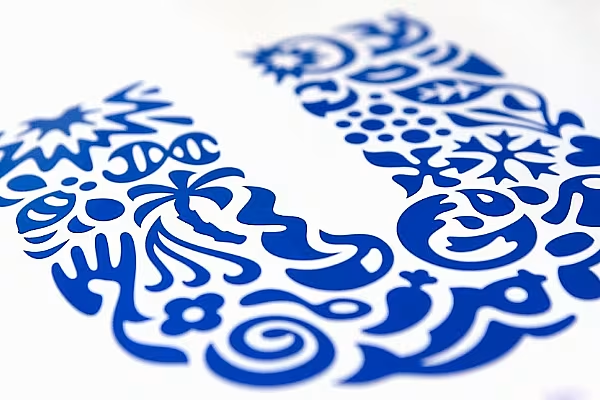Unilever's billion-dollar shaving bet is an expensive way to do the right thing.
The Anglo-Dutch maker of Dove shaving cream and Axe body spray is moving deeper into men's grooming by buying the razor subscription service Dollar Shave Club. At first blush, the reported $1 billion price tag looks foolishly expensive. Unilever is paying more than double the median multiple for major cosmetics and personal-care deals of the last five years by offering 5 times Dollar Shave Club's projected 2016 revenue of about $200 million. The valuation even surpasses what Danone put forward for organic and natural-foods maker WhiteWave in one of the food industry's pricier deals.
But by the same comparison, $1 billion hardly makes a dent in Unilever's massive balance sheet next to the $12.5 billion check Danone is writing for WhiteWave. Both deals are bets on faster-growing alternatives to more staid markets, such as packaged food. And while that growth doesn't come cheap, it's a wager consumer giants increasingly need to make to stay relevant and competitive. Hence, why Unilever's stock (like Danone's after the WhiteWave purchase) rose on the takeover announcement.
The Dollar Shave Club deal continues Unilever's strategy of expanding in personal care, while shedding slower-growth food brands. In the past few years, Skippy peanut butter, Slim-Fast foods and Ragu pasta sauce have all been put on the auction block, while the company added Dermalogica, Murad and Kate Somerville skincare products. In particular, buying Dollar Shave Club -- with its tongue-in-cheek marketing and cheap prices -- will advance Unilever's efforts to attract men, something it's already trying to do with fancy shave-care products and cute commercials about dads under its Dove Men's line.
And why wouldn't it? The men's grooming market is forecast to grow about 3.3 percent a year through 2020, slightly outpacing the growth for the overall beauty and personal-care market, according to data from Euromonitor and Bloomberg Intelligence. Compare that to the packaged-food market, which is targeting a pace of 2.6 percent expansion per year over the same stretch, most of which is driven by Asia and other emerging markets.
Up until this point, Unilever had largely left razors to rivals such as P&G and Edgewell Personal Care. Arguably, the consumer giant should have been a bigger player in shaving earlier -- and it probably could have gotten a better deal on Dollar Shave Club if it had been quicker to the punch. But at least it's doing what it can now and investors have more reason to be excited about this deal than, say, a takeover of Edgewell Personal Care, which would have run Unilever almost $8 billion including debt, assuming a typical takeover premium of 30 percent.
Edgewell is on track to report a sales slump of about 4 percent for fiscal 2016, with only weak gains expected for the following two years. Buying the maker of Schick razors and Skintimate shaving cream would have given Unilever a sizeable block of the shaving market but via tired products that aren't really drawing consumers like they used to. Where's the fun in that? As Bernstein analyst Ali Dibadj points out, Unilever is now in a position to just keep attacking Edgewell and P&G similar to how Dollar Shave Club has been, but with more might.
Dollar Shave Club began to lose market share in 2015 as P&G started offering online subscriptions through its Gillette brand, according to Euromonitor. But the startup is still on track to grow sales by more than 30 percent this year. The revenue opportunity will likely be buoyed further once Unilever starts using its manufacturing and marketing capabilities to expand the business.
The direct-to-consumer aspect of Dollar Shave Club's business model also gives Unilever a leg up as consumers increasingly go online for regular deliveries of basic staples, rather than running to the corner drugstore. Amazon is looming as a potential competitor with its push into private-label goods like diapers, detergents and grocery items.
So yes, laying out $1 billion for a company that bills itself as an online dollar store for razors may seem expensive. But for Unilever, it may turn out to be a case of better late than never.
This column does not necessarily reflect the opinion of Bloomberg LP and its owners.
News by Bloomberg, edited by ESM. To subscribe to ESM: The European Supermarket Magazine, click here.














